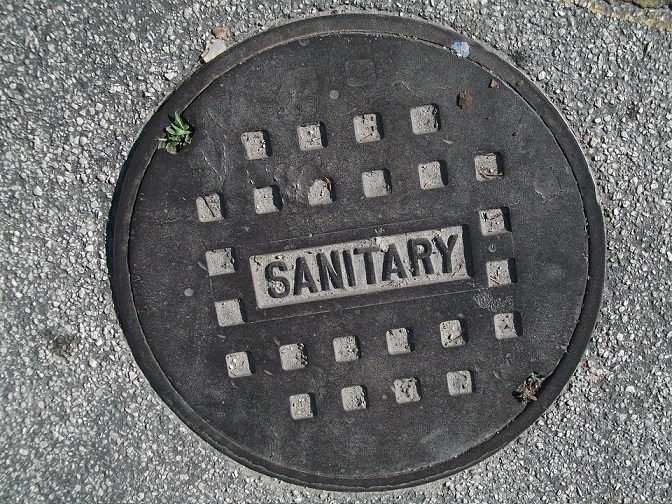Whether or not you realise it, maintaining our sewers clean and unobstructed is highly crucial for ensuring that our water is clean and that our rivers remain unpolluted. This is true regardless of whether or not you are aware of the fact.
Because a functional sewerage system is essential for maintaining a clean environment and a healthy society, it is imperative that we get an understanding of the factors that contribute to clogged sewers and take measures to avoid encountering issues in the first place.
Unfortunately, a significant number of people are unaware of how vital it is to keep our sewage system free of obstructions, and as a result, they do not consider it improper to use sinks, exterior drains, and toilets as waste bins for oils, fats, food, and other solid waste items. This can lead to clogged drains, which in turn can cause flooding and pollution.
Fatty acids, oils, and grease, often known as FOG, as well as food waste can cause significant issues in a community’s sewage system, leading to expensive clean-up expenses that are ultimately passed on to the customers in the form of higher water bills. These kinds of garbage, when flushed down toilets or disposed of in drains or sinks in the kitchen, cause clogs, and when they enter drainage systems that carry rainwater, they are carried directly into our rivers and streams.
More than 3,000 homes are flooded every year as a direct result of blocked sewers, and it costs consumers an average of £66 to call a business to empty a drain when they have to call for assistance. The yearly cost of removing blocked sewers is approximately £88 million. There are around 366,000 sewage blockages in the UK every year. Approximately 80% of sewer flooding occurrences in the UK are a direct result of sewers being clogged by oils, fats, and grease, wipes, sanitary waste, and other substances that should not be flushed.
The majority of personal hygiene and beauty items should be disposed of in a dirt bin rather than down the toilet because they do not decompose like toilet paper does. It is crucial that we safeguard our waters from contamination by not flushing anything that is not the norm.
Unfortunately, there are also over 300,000 households in the UK with pipes that have been wrongly connected. This causes wastewater from washing machines, sinks, baths, and toilets to flow directly into local rivers or streams rather than to the sewage treatment works. Because of this, you should make it a practise to avoid disposing of FOG or any other weird objects in the sewer system. This ultimately affects the quality of the water that is used for drinking and enjoyment.
Buy water dispensers online and rent water dispensers from Living-Water.






